It goes without saying that action movies aren’t really credible. Heck, even most romantic comedies aren’t really credible. Fiction, whether it’s on the page, stage, or screen relies on suspension of disbelief.
Of course, this is The Geek Generation, which means we’re going to pick apart everything, which is what this feature is all about. There are a lot of elements in Science Fiction and Fantasy fiction that don’t really hold up under closer review. An old hobby horse of mine is the depiction of robots, specifically artificial intelligence, in Science Fiction, so that’s where I’m starting this feature. I have a few more ideas, and if you have suggestions, please add them to the comments section.
For this inaugural article, I’m taking an admittedly scatter shot approach. If I missed any prime examples, I can expand on this article at a later time. Again, to the comments section, people!
So, robots. And artificial intelligence. Yeah, I got a problem.
The major offenders I want to take to task are The Matrix and Terminator franchises. Yeah, I’m picking pretty easy targets, but they’re the ones that spring immediately to mind and this is my article, so there.
Admittedly, it’s been awhile since I’ve seen The Matrix sequels, and I still haven’t seen Terminator: Salvation (for sure a future “Why Did I Rent This?” entry), so I’m going to be making some generalizations here. I’m okay with this because the problem I have with these movies isn’t in the particulars, it’s in the generalizations.
Both of these movie franchises present us with horrific visions of the future in which humankind is victimized by evil artificial intelligence that’s dedicated to hunting down and eradicating organic life.
On the surface, there’s nothing wrong with this. Science Fiction relies heavily on our fears about technology, and both of these franchises tap into that. The central metaphor, that the technology we rely on so heavily could turn on us is a solid one.
That’s not my problem.
Here’s my problem:
Other than, “Death to all humans,” what do the AI in these franchises actually want? I mean, is there machine art, and culture, and love? If the machines in these movies actually succeeded in eradicating human life, what would they do with themselves then?
That’s where the premise falls apart for me. Yes, I’m taking this to a logical extreme that spoils all the fun, but that’s the point of this feature. If the machines win, where do they go from there?
The Matrix trilogy ends with a big confrontation at “Machine City”. So great, they have a whole city devoted to machines, but what do they do there? So help me I will beat this art/culture/love theme into the ground, because if the whole purpose behind machine city is to, y’know, build more machines to kill humans, well that’s just stupid.
I will admit that I don’t have a great alternative here. I mean, I could spend my time coming up with the most awesome Matrix fan fiction ever that answers the questions I’m asking, but then I wouldn’t have the time to write rants like this for The Geek Generation.
As a counterpoint to this, I present Ultron in The Young Avengers, the Sentinels in the Days of Future Past storyline in the X-Men cartoon, and the Cybermen on Dr. Who. In The Young Avengers, Ultron is an evil robot built by Tony Stark, a.k.a. Iron Man (and not Dr. Henry Pym a.k.a Ant Man, a.k.a Giant Man a.k.a whatever the hell they changed his powers to that month) who is programmed as the ultimate policeman. Same with the Sentinels in The Days of Future Past. These are robots who take their base programming (save the world) and take it to the extreme of taking over the world, cuz that’s the way they can keep it the safest, duh.
In Dr. Who, the Cybermen are cyborgs with human brains that have had their emotions removed and who want to convert the entire sentient universe to emotionless drones. In those cases, they’re the result of misguided programming. There isn’t an intimation of artificial intelligence, they’re oppressors by design.
Not to pull an, “Oh yeah, but another thing…” but, oh yeah, and another thing…
Something that all five of these examples are guilty of is that they all end up having this major league headquarters that if the heroes can get to it, they… just… might… be able to stop the machines once and for all. For most of them, there’s a place where a central intelligence resides/where all the machines are constructed and blowing that up equals problem solved.
About 15-20 years ago, Marvel introduced Shiva – a nearly indestructible robot that was designed to hunt down and kill Weapon X subjects. Because an indestructible robot presents a problem for heroes, Wolverine (or whoever) would find a way to stop the robot. The cool twist was that Shiva wasn’t just a robot, it was a computer program, which meant that it could just animate another body and go about its business. This is actually an extremely prescient metaphor, as it mimics the problem the US military has today with terrorist cells hiding in caves and whatnot. It isn’t enough to just blow something up real good, there’s a malevolent intelligence that persists beyond conventional means of destruction. In the instances I’ve cited, one big explosion solves everything, which shows a lack of imagination.
What I’m getting at is that I’m insulted by The Matrix and Terminator franchises because they posit “Artificial Intelligence”, but haven’t advanced beyond a “Hulk smash” level of intelligence. The X-Men franchise taps into the fear that regular humans will be replaced by the next step in genetic evolution. The Ultimate X-Men books present Magneto as an L. Ron Hubbard-type who has a very specific vision of how a new, mutant-centric society will develop. The problem with robots is that they haven’t advanced beyond a desire to wipe out humans. When we get an AI story that shows the machines as successors to the human race, not just predators, then we’ll get something that represents a next step for the population of earth.


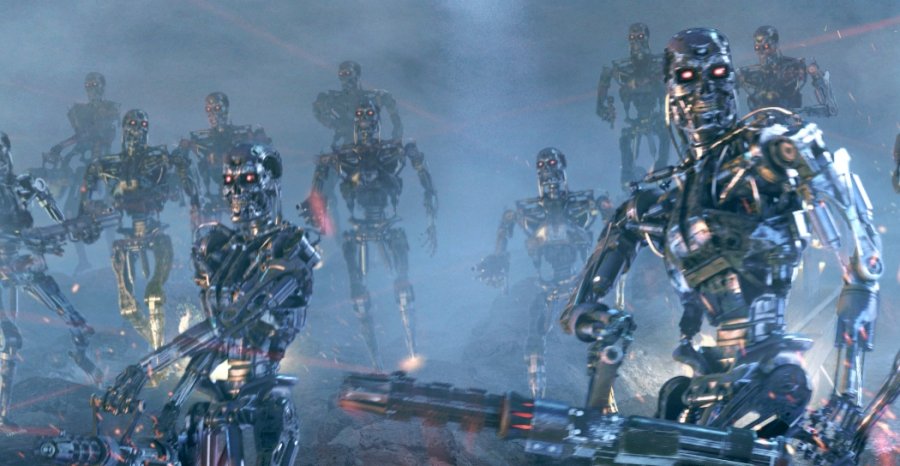
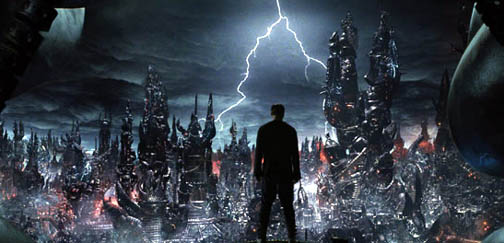





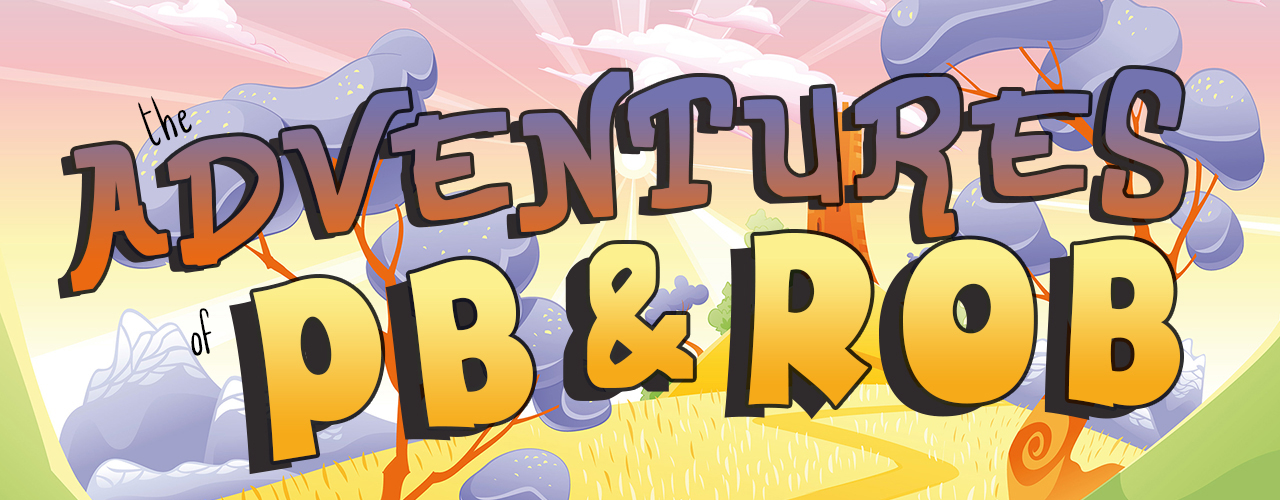


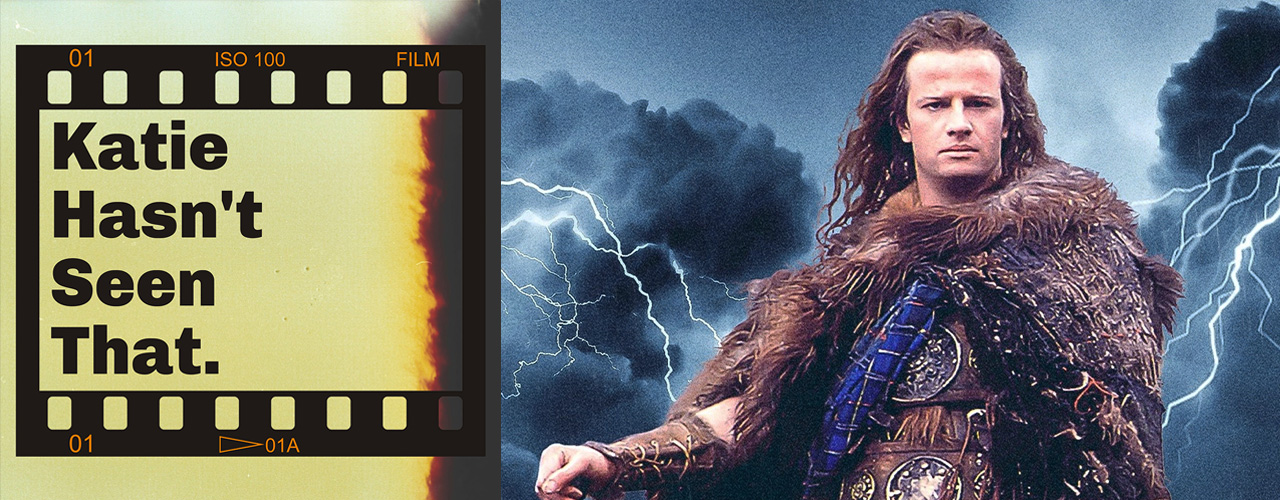



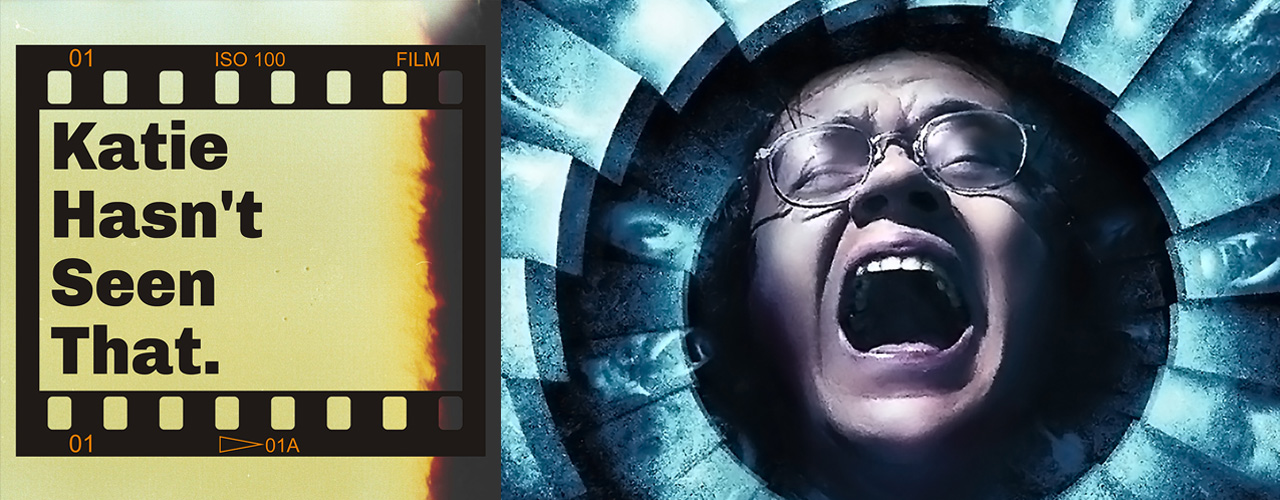
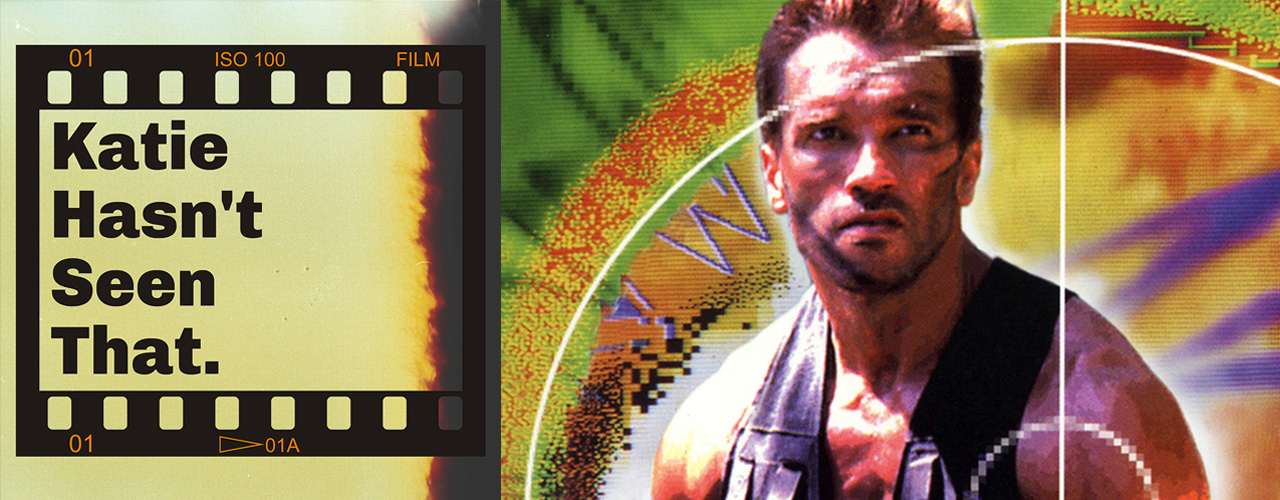
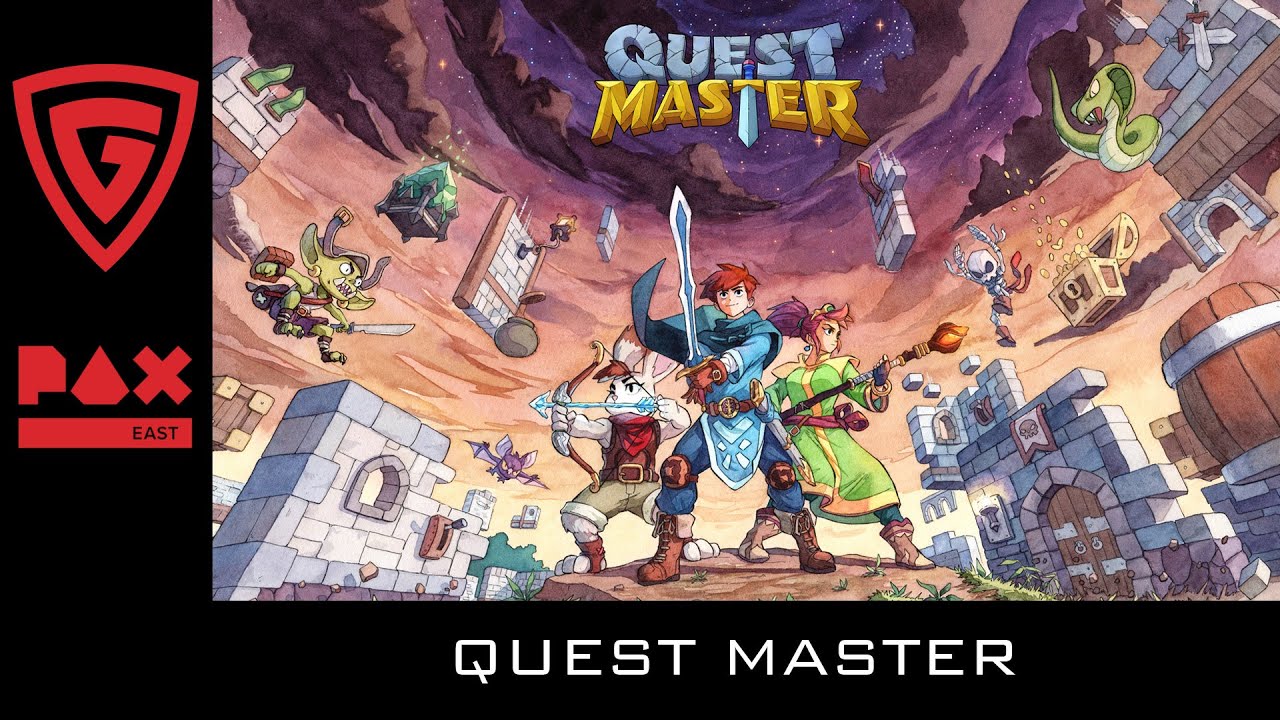
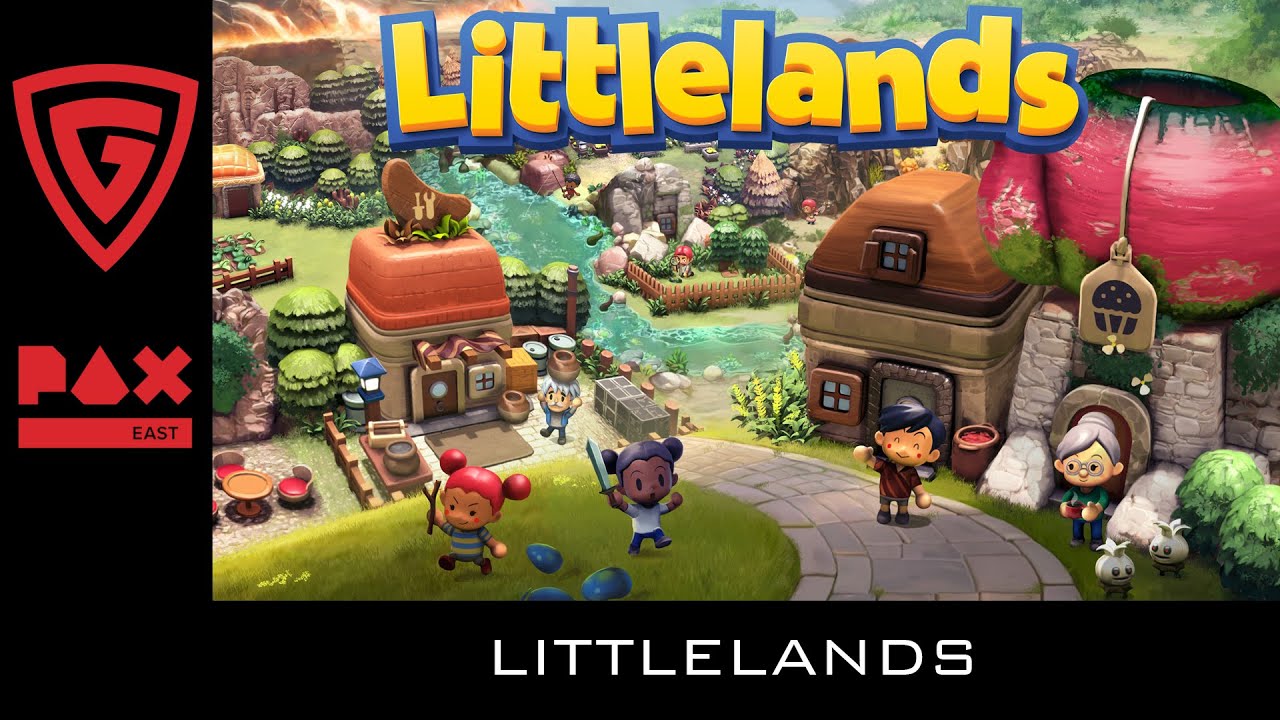

Ok, Douglas…I’ll bite.
First, a disclosure: I do not have the background or knowledge on the comic book examples you use in your piece, so I will leave well enough alone on those points. Also, I have never seen Matrix Revolutions nor T3 and T:S, so I’m not sure how those two sagas actually end. I do believe, however, that I can offer some insight on the artificial intelligence in The Matrix and The Terminator franchises.
Early in the piece, you ask the question, “What do the AIs want?”, expanding the depth and breadth of the story being told. In The Matrix movie, Hugo Weaving’s Agent Smith explains that when “they” (the machines) first came to the planet, they had difficulty classifying human beings. From this, we can infer that they happened upon Earth as a result of some sort of exploration. To my knowledge, the reason for them arriving isn’t explained; however the reason for staying is: they needed to harvest humans for energy. While reasons for their arrival are not critical to the story as a whole, I can see that aspect of the story getting quite a workout on Fan Fiction.
In The Terminator franchise, we are told that the destruction of the world comes at the hand of Skynet, a fully computerized defense network controlled by AI. Developed to increase response time and eliminate human error in times of crisis, Skynet was integrated into US military hardware and assumed control over the nuclear arsenal. When the network becomes “self-aware”, the creators try to shut it down. And in an act of self-defense, Skynet turns on its creators.
Now that we have the backgrounds on the two franchises, let’s talk about AI in the context of your concern. You’re insulted by the fact that the AI in these films are too brutish, and not enlightened. Skynet and the Matrix robots were simply displaying the most fundamental human behavior: self-preservation. Simply put, artificial intelligence is a system built on basic, rudimentary principles and behaviors based on preloaded data, but capable of learning and adapting behavior based on changing environmental variables.
Hollywood is not really at fault here. Most people confuse artificial intelligence with computational creativity, or “artificial imagination”, which may not even be possible. Creativity is subjective and the definition is widely varying. What is creative, artistic, or cultural to one person may not be perceived that way by another.
If all they’re demonstrating is self-preservation, than they’re showing the same amount of intelligence as squirrels, so I’m still not impressed.
Chill out man.
In defense of Terminator:
1. Humans started it. It was ‘Death to all Robots’ before it was ‘Death to all humans’.
2. The T1000 was a robot that showed interesting (and often funny (“they’ll live”))glimpses of humanity.
Also:
A complete lack of humanity is often what makes machines so scary/cool. And having recently seen Transformers 2, I can assure you that some robots coul use a little lack of personality.
Also also:
The creation of art is often viewed as the pinnacle of civilization/evolution. This is really subjective. I imagine the Matrix robots would look at our society just as easily as we look at them and say, ‘What’s the point?’ Especially if they saw ONLY THE STRONG or THE WRAITH.
By the way:
you typed this in a computer therefore the robots know that you think they’re lame. Watch your back.
And finally:
I liked the feature. Very interesting. Just wanted to write something on this awesome site.
Yeah.
JON
A couple things:
1. Great topic. Although when I read the title, I was expecting you to rant about how some of the more famous “AI” seem mentally challenged. C3PO. Starscream.
2. Justin- I feel the need to correct you. The AI in The Matrix originated on Earth, were created by humans. They did not “come to this planet”. In the scene where Morpheus is explaining to Neo what year it is and how The Matrix came to be, he tells him that “mankind gave birth to AI”.
3. Doug- The Matrix is my favorite movie. I enjoyed the sequels, but they lacked the sheer “awe” of the original. One of your complaints is the “blow up the central intelligence hub and ‘they… just… might… be able to stop the machines once and for all’.” Now this does happen in Terminator Salvation (which I happen to think was a pretty decent movie), but not at all in the final Matrix installment. Yes, Neo goes to the Computer City, but not to destroy them. He goes to negotiate for peace. This is where I think the Matrix sequels did something right. The main villain in the sequels was not the Machines in general, it was a rogue computer program that threatened to destroy both the computer world, as well as the real world.
4. Let me expand upon something Justin wrote…”Artificial Intelligence” just means that a computer/machine can “think” for itself. It doesn’t need programming, or a user to tell it to do something. AI doesn’t mean “super intelligence”.
5. (wow, I didn’t realize how much I had to say here!) Last point- Jon- your first point is debatable. The machines drew first blood when they sent the T-800 (Arnold was a T-800, not a T-1000) back to 1984 to kill Sarah Connor. So if you are looking at a timeline, Machines strike first in 1984.
6. Transformers 2 sucked.
Finally- keep up the good work gentlemen!
Here is a list of robots I would like to be friends with:
Megatron. Yeah, OK Megatron is basically a huge jerk but being able to pick up my phone and say, “Megatron, what’s up?” is very appealing.
The Tin Man. Yeah, OK The Tin Man isn’t a robot but he’s my all time favorite Wizard of Oz character. Heart is way more important than courage or brains.
Max from Flight of the Navigator. I don’t really remember this movie but I know Max has an awesome spaceship and as far as I’m concerned – an awesome space ship is enough.
That’s it. Now that I think of it, Max may also not be a robot but an alien. I don’t really care.
Yeah,
Jon
Steve,
Welcome to the Geek Fight! I defer on all things Matrix to you, as you are probably the biggest Matrix fan I know, but I do have one question: when man gives birth to AI, does this mean they gave birth to The Matrix, or the machines, or both?
And I’ll agree with you that AI should not be confused with superintelligence. But I would think that any intelligence would have to work within a basic set of parameters, including machines. Thus, it needs some programming.
To clarify this Terminator timeline argument: while the first Terminator film takes place in 1984, those events would not have occurred at all had the humans not pulled the plug on Skynet (Death to the Machines). If they peacefully coexisted, there would no need to send a T-800 back to 1984 to kill Sarah Connor.
Thank you Justin- let me clarify. Any machine does start off with programming, granted. But A.I. lets the machine operate OUTSIDE of that programming. And the question of man giving birth to A.I…The Matrix…the machines…I guess that is like asking if your grandparents gave birth to you. They gave birth to your parents, who in turn, gave birth to you. So in a way, yes. But not directly.
And don’t even get me started on the Terminator timeline debate (TOO LATE!). I guess it is an infinite loop. Almost a paradox. The machines sent back the T-800 to prevent John Connor from being born and growing up to lead the resistance against them. Man only pulled the plug on Skynet because they were operating on knowledge of the future. Does this future ever happen if the T-800 (and Kyle Reese) are never sent back? Maybe, maybe not. My guess is that it does, but many many many years later. Miles Dyson (Skynet, T2) says that the chip and the arm they found from the first T-800 advanced their research exponentially (I’m paraphrasing here). So without the time traveling, A.I. evolves much slower (if not at all).
I love this time travel discussion. Someone write an article about it. Go!
All right – I’ll make time travel the subject of a future article 🙂
Jon it was the T-800 model (the Arnold model) that said; “they’ll live” 😉 T-1000 was the liquid metal one that pretty much went around saying; “where the f^%k is John Conner???!”
Cool topic, and I can see both argument sides. First off, these films are using machines as practical symbolism: man’s loss of control due to his technologies. So the logical purpose of the machines isn’t important in these films, it’s the general idea that the cause is their focus not the effect.
To nit pick though, not so much on Terminator but personally for the Matrix I wanted an ending where the machines were really run by an elite human population living above the clouds. The part in the Matrix 2 where Trinity breaks through the clouds, I was in my seat waiting for it! A city of order floating above the clouds.. ah the Illuminati, the “no Luke I’m your father” twist in the trilogy… but no. I saw a better plot in humans using other humans for energy, the machines were the middle men.
Your description of Shiva is an almost exact description of the Cylons in the 2003-2009 Battlestar Galactica series. One of the keys to their invincibility (established in the pilot, no spoiler) is that they never truly die; the software that makes up their consciousness simply moves to another host body. To the series’ credit, the writers do spend a lot of time trying to address the “OK, we killed all the humans, now what?” question. Unfortunately, that arc is also probably the weakest out the whole show. Perhaps its just not good TV.
In other words, get off your butt and go get that series on DVD already.
The series is in my Netflix queue, but my account is currently on hold and there are a few things ahead of it. I think it’s on pace to become my summer series.
You say “If I missed any prime examples…”
The quintessential iconic human killing robots in contemporary films all derive from HAL in “2001; A Space Odyssey” (1968) and The Chrome Robots in “THX1138” (1971). Previously, robots were benign and helpful to humans i.e. Robby the Robot from “Forbidden Planet” (1956)
In case you havent noticed, AI gives robots a very human characteristic; it turns machines into assholes–best satirized by Bender in the TV show “Futurama”.